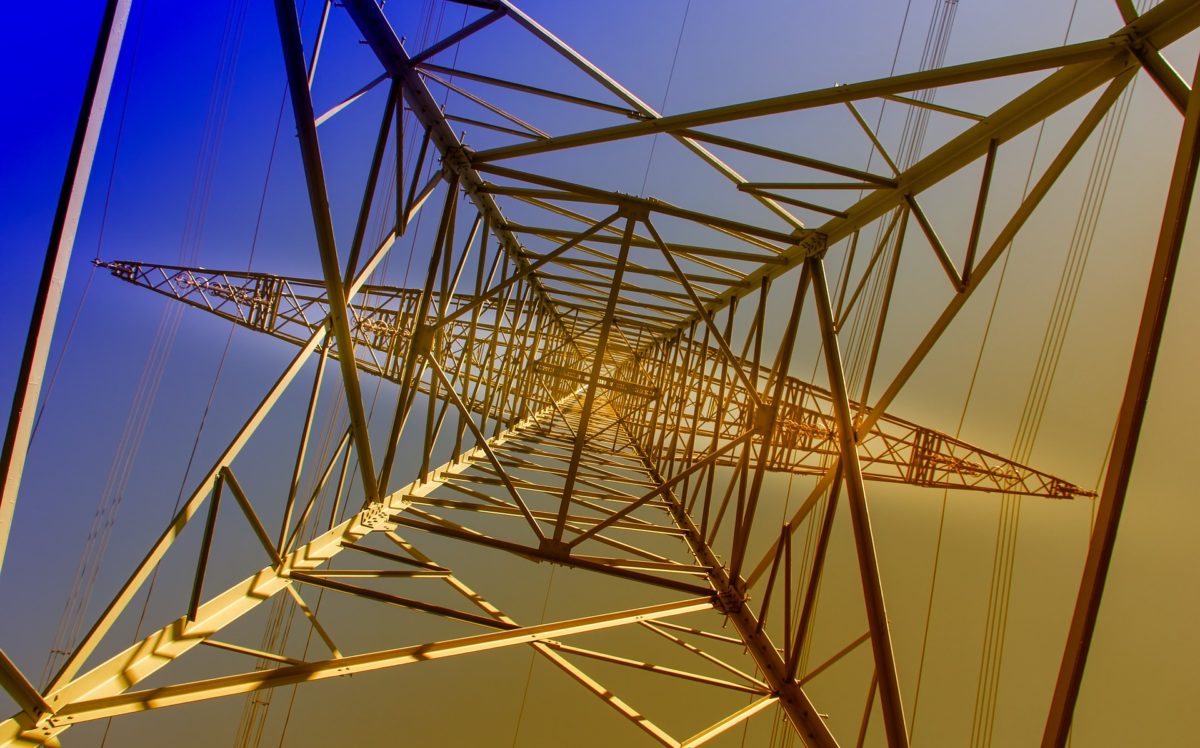The European Commission has announced €800 million will be allocated to support energy infrastructure projects under the program for trans-European infrastructure development, and that EU member states have approved the funding package.
The money, the commission said, will be provided by the Connecting Europe Facility, an EU fund for pan-European infrastructure investment in transport, energy and digital projects.
The commission added, €504 million will be devoted to electricity infrastructure and smart grid projects, with another €286 million for gas and the remaining €9.3 million supporting studies on the development of a CO² transport infrastructure. The commission specified the funds will finance projects that were selected through a call for proposals that ran from June to October.
The €504 million for the power sector will support two energy infrastructure projects key to the EU Clean Energy Package, and its central idea of creating a European integrated energy market: the interconnection of the Baltic states to Europe and of Poland to Germany, Slovakia and Czechia.
Projects to benefit
The Baltic electricity synchronization project – which aims to connect the energy markets of the Baltic states with the Continental European Network – will receive €323 million. The second project, named ACON SG and awarded €91 million, aims to improve the grid connection between Slovakia and Czechia through the installation of smart grids at their borders.
“With almost two thirds of today’s investment decision devoted to electricity, we are delivering on our promise to align EU funding with our political ambition to deliver the clean energy transition,” said commissioner for climate action and energy, Miguel Arias Cañete.
The future of the EU Clean Energy Package will depend on how European countries – inside and outside the bloc – improve and open power systems to trans-border exchanges and renewables.
According to a report published by the European Network of Transmission System Operators – ENTSO-E – the interconnection of the Baltic countries and integration of Slovakia and Czechia are among the barriers it identified for full integration of the European energy market. Other problems highlighted include the interconnection of the U.K. with Ireland and Scandinavia; the linking of the Iberian peninsula with mainland Europe; and further interconnection of Italy with its southeastern and central European neighbors and across the Balkans.
This content is protected by copyright and may not be reused. If you want to cooperate with us and would like to reuse some of our content, please contact: editors@pv-magazine.com.




By submitting this form you agree to pv magazine using your data for the purposes of publishing your comment.
Your personal data will only be disclosed or otherwise transmitted to third parties for the purposes of spam filtering or if this is necessary for technical maintenance of the website. Any other transfer to third parties will not take place unless this is justified on the basis of applicable data protection regulations or if pv magazine is legally obliged to do so.
You may revoke this consent at any time with effect for the future, in which case your personal data will be deleted immediately. Otherwise, your data will be deleted if pv magazine has processed your request or the purpose of data storage is fulfilled.
Further information on data privacy can be found in our Data Protection Policy.